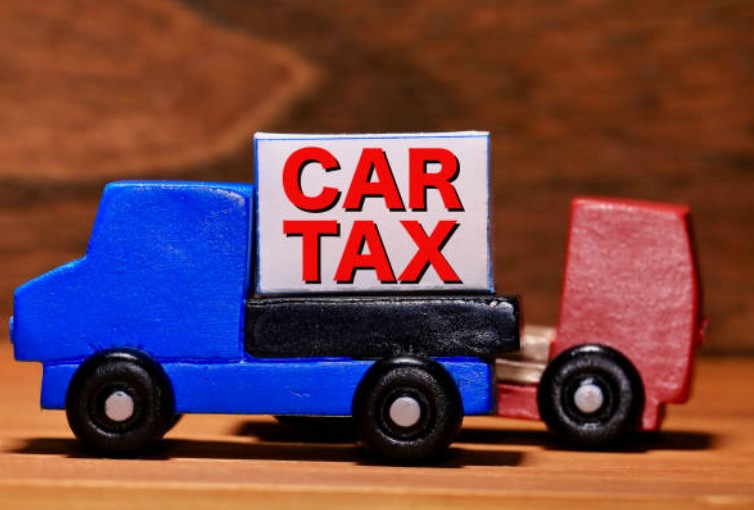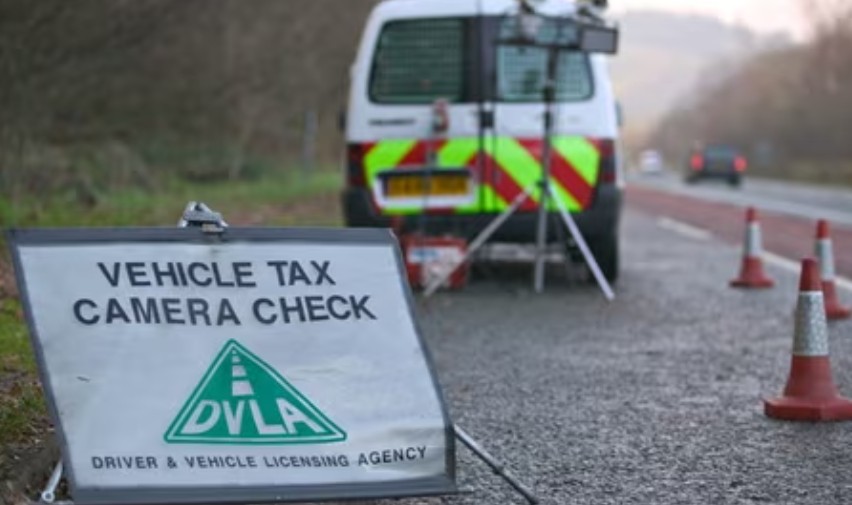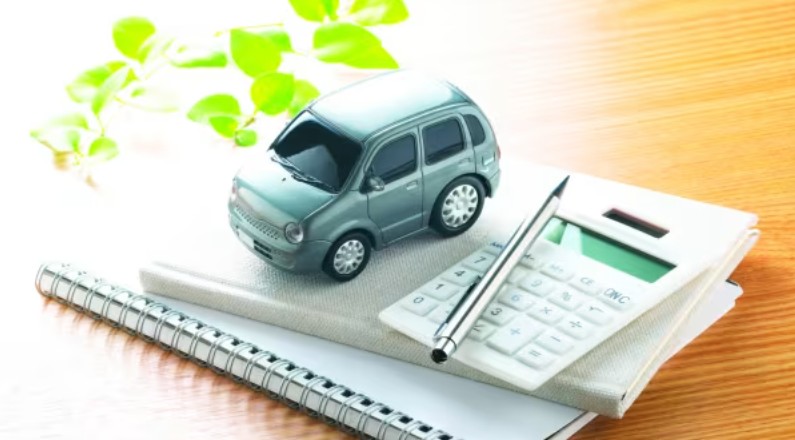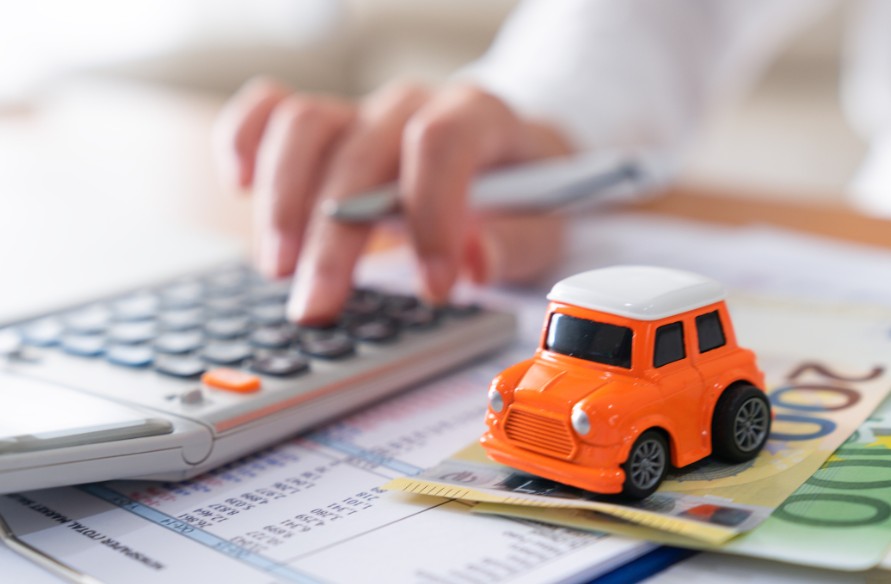If you’re a car owner or prospective buyer in the UK, one common question is: “What tax band is my car by reg?” Knowing your car’s tax band is vital because it determines how much Vehicle Excise Duty (VED), often called road tax, you need to pay each year. With the UK government’s increasing focus on environmental standards, understanding vehicle tax bands has never been more important.
This comprehensive guide will explain how to check your car’s tax band using the registration number, what tax bands mean, how they are calculated, and why this information is crucial for every UK motorist.
What Exactly Is a Car Tax Band?

A car tax band is a classification system used by the UK government to group vehicles based on their environmental impact, primarily their CO2 emissions. This system helps set the amount of Vehicle Excise Duty (VED) you owe annually.
Why Are Tax Bands Important?
- They influence the cost of owning and running your vehicle.
- Encourage the use of low-emission, eco-friendly cars.
- Help fund road maintenance and environmental initiatives.
Tax bands typically range from Band A (lowest emissions) to Band M (highest emissions), with different rates for each band.
How to Check What Tax Band Your Car Is by Registration Number?
Your car’s registration number (reg) is the easiest way to find out its tax band. Here’s how you can check:
1. Use the Official DVLA Vehicle Enquiry Tool

The Driver and Vehicle Licensing Agency (DVLA) provides a free, official online service where you can enter your vehicle registration and instantly see the tax band along with other key details.
- Visit https://www.gov.uk/check-vehicle-tax
- Enter your vehicle registration number
- View your vehicle’s tax band, tax status, and expiry date
This tool is updated in real-time, ensuring you get accurate and reliable information.
2. Third-Party Online Checkers
Multiple websites and apps provide vehicle tax band information by reg lookup, but they might not always be fully up-to-date or accurate. Always cross-reference with the DVLA for official details.
What Factors Determine Your Car’s Tax Band?
1. CO2 Emissions
Since April 2017, CO2 emissions have been the primary factor in calculating your car tax band. The less CO2 your car emits, the lower its tax band and consequently, your tax cost.
2. Vehicle Registration Date
The date your vehicle was first registered affects how it is taxed:
- Cars registered before April 1, 2017: Tax bands are based on emissions but structured differently.
- Cars registered on or after April 1, 2017: First-year tax is calculated based on emissions, with a standard rate applying afterward.
- Zero or ultra-low emission vehicles: Often fall into Band A, sometimes exempt from tax.
3. Fuel Type
Petrol, diesel, electric, and hybrid cars may be treated differently. For example, diesel vehicles must meet certain emissions standards (like the Real Driving Emissions 2 (RDE2)) to avoid higher tax rates.
4. Vehicle Type and Weight
Heavier vehicles, like vans or trucks, may have different tax calculations.
What Are the Current Tax Bands and Their Rates?
To give you an idea, here’s a summary of the typical bands for cars registered after April 2017 (note rates can change annually):
| Tax Band | CO2 Emissions (g/km) | First Year Rate (2025/26) | Standard Rate (After First Year) |
|---|---|---|---|
| A | 0 | £0 | £165 |
| B | 1-50 | £10 | £165 |
| C | 51-75 | £25 | £165 |
| D | 76-90 | £115 | £165 |
| E | 91-100 | £145 | £165 |
| F | 101-110 | £185 | £165 |
| G | 111-130 | £220 | £165 |
| H | 131-150 | £270 | £165 |
| I | 151-170 | £315 | £165 |
| J | 171-190 | £570 | £165 |
| K | 191-225 | £885 | £165 |
| L | 226-255 | £1,220 | £165 |
| M | Over 255 | £2,175 | £165 |
Electric cars (Band A) currently pay no tax in the first year and have a lower standard rate, but this could change depending on government policy.
Why You Should Always Know Your Car’s Tax Band?
Knowing your car’s tax band is essential for more reasons than just staying legal—it affects your finances, vehicle choices, and even your environmental impact. Here’s why it’s important:
1. Avoid Fines and Legal Issues
Driving without the correct road tax is illegal and can lead to fines up to £1,000, vehicle clamping, or even seizure. Staying informed about your tax band ensures you pay the right amount on time, helping you avoid costly penalties.
2. Budget Your Car Expenses

Vehicle tax costs vary widely depending on your car’s tax band. Knowing your band helps you plan your yearly budget accurately and avoid unexpected expenses. Low-emission vehicles usually attract lower tax rates, saving you money in the long run.
3. Make Smarter Car Buying Decisions
Tax bands reflect a vehicle’s environmental impact. Choosing a car in a lower tax band means lower tax costs and a smaller carbon footprint, which is increasingly important for both your wallet and the planet.
4. Boost Resale Value
Cars with lower tax bands tend to sell better because they cost less to run. Knowing your car’s tax band helps you highlight this benefit to potential buyers or select a vehicle with better resale prospects.
5. Stay Ahead of Changing Rules
Vehicle tax policies evolve, especially with new environmental targets. Keeping track of your car’s tax band ensures you’re aware of any changes that could affect your tax bill.
6. Avoid Paying Tax When Not Needed
If your vehicle is declared off the road (SORN), you don’t have to pay tax. Knowing your car’s tax band and status prevents unnecessary payments and saves you hassle.
How to Pay or Renew Your Vehicle Tax?
- You can pay or renew your road tax online via the DVLA website.
- Alternatively, you can pay at some Post Office branches.
- Remember, if you sell or scrap your car, notify DVLA to avoid unnecessary charges.
Final Thoughts
Knowing what tax band is my car by reg is essential for every UK vehicle owner. By simply entering your registration number on the DVLA website, you can uncover your car’s tax band, helping you understand your vehicle tax obligations clearly. This knowledge ensures you stay compliant with the law, save money where possible, and make environmentally conscious choices.
Keep checking your vehicle tax details regularly and stay informed about any changes in tax bands or regulations to avoid surprises and penalties.
Frequently Asked Questions (FAQs)
Can I check my tax band using just my registration number?
Yes! The DVLA online service allows you to check your vehicle tax band and status instantly using your reg.
Does the electric car tax differ from petrol or diesel cars?
Yes, electric cars often fall into Band A, which typically has lower or zero tax, encouraging eco-friendly transport.
What happens if I don’t pay my car tax?
You risk fines, vehicle clamping, or impounding.
How often do tax bands and rates change?
Tax bands are updated periodically by the government, typically on an annual basis with the budget announcements.

Leave a Reply